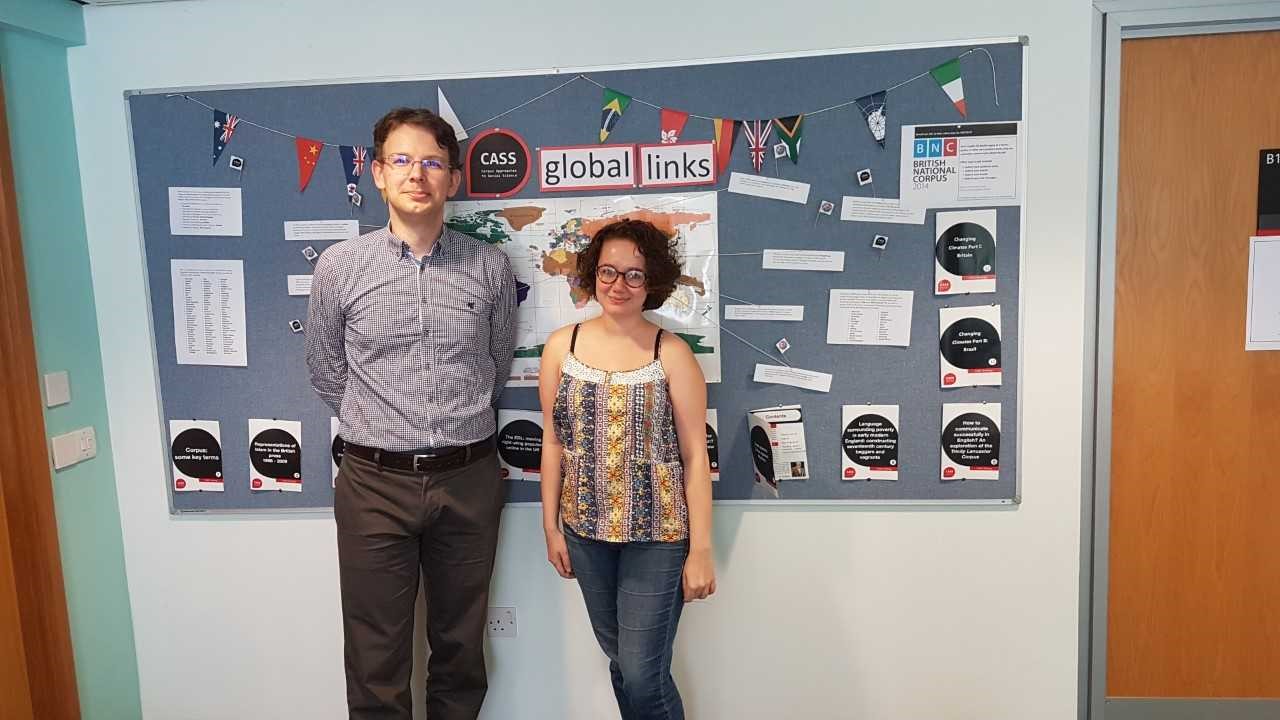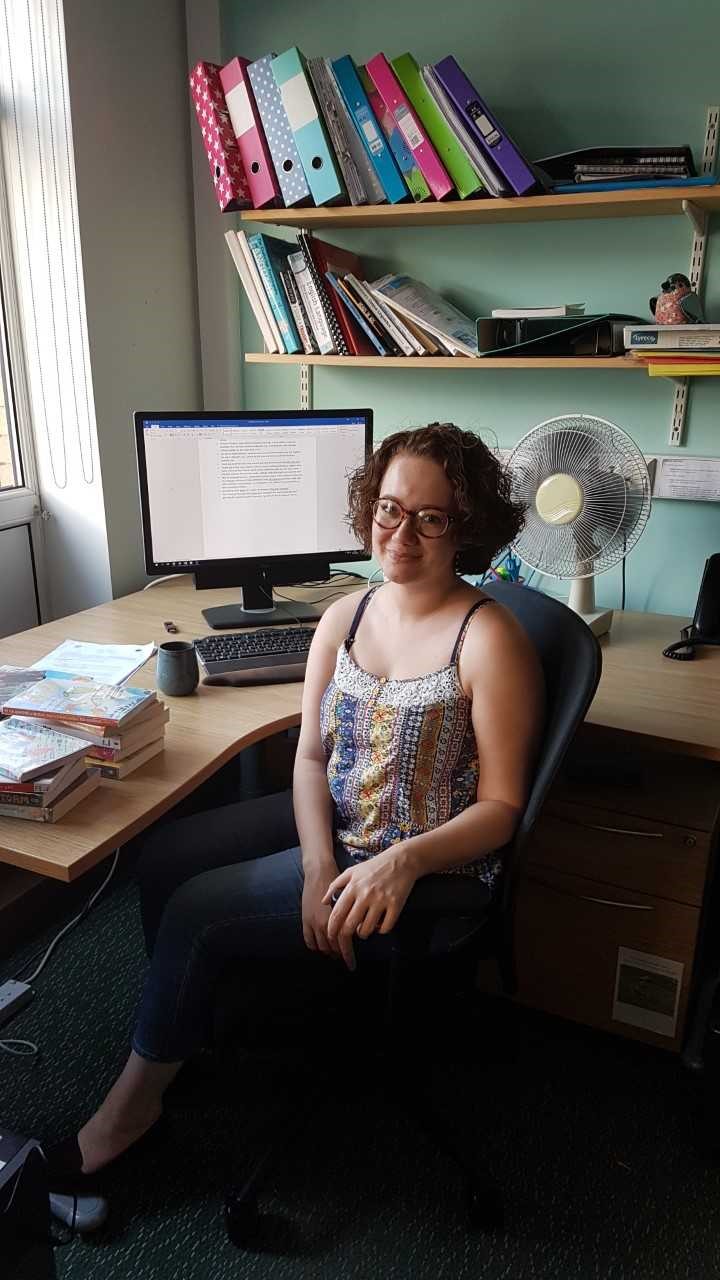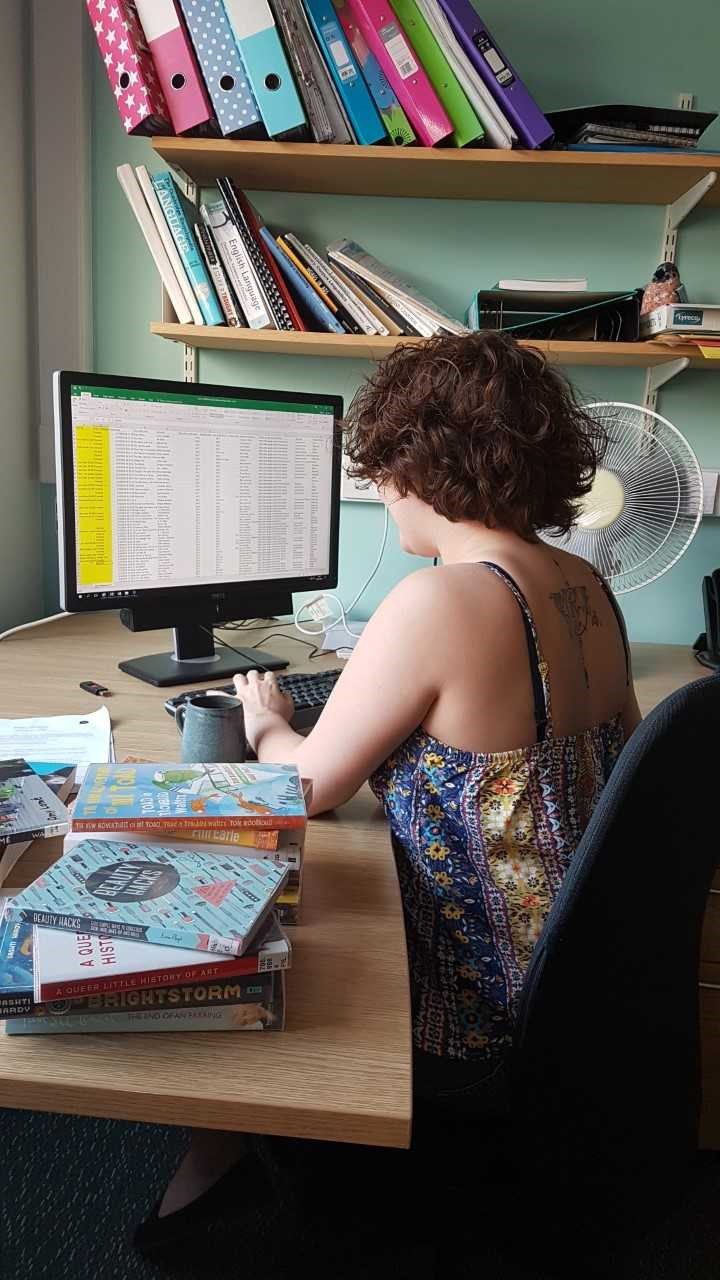Over the last few weeks I have been working at the ESRC Centre for Corpus Approaches, Lancaster University (CASS) as part of the SPRINT 2018 internship programme. I have just finished my second year studying Spanish and Linguistics and this project was particularly interesting to me from a linguistic perspective. I wanted to work with Dr. Vaclav Brezina on the BNC2014 and #LancsBox because throughout my studies at university I have not yet had the chance to explore corpus techniques despite their prominence here at Lancaster. Furthermore, I hoped that this experience would offer some insight into the world of research and postgraduate study and help inform my own decisions moving forward academically.

Before beginning the internship, I was quite nervous, as I did not entirely know what kind of tasks I would be performing and whether I would be able to complete them to as high a standard as I wished to. However, I was so grateful for the opportunity, and as soon as I entered the office and spoke to Vaclav about the coming weeks I felt much more comfortable. I was warmly welcomed by everyone in the research centre – this was greatly appreciated and really helped to calm my nerves. Having my own workspace was also a huge advantage, as I was really able to get stuck into the project whilst getting an authentic experience of working in research.
Perhaps what I found most difficult to adapt to was the 9 to 5 office lifestyle – something I had never experienced before. Before this, my only work experience has been three years in busy restaurants working erratic shifts, standing on my feet all day, and being part of a generally loud and hectic environment. This has been completely different and a welcome change of pace.

I have had the opportunity to work on a variety of tasks since beginning this placement, which have not only kept me busy, but made me feel as though I have genuinely contributed something to the project at hand. My main tasks running over the four weeks were to find and scan material for the British National Corpus 2014, and then to convert and edit these scans to text. I made sure to do this systematically throughout the placement, while also working on smaller tasks- such as writing up a glossary of definitions for a newly written book and brainstorming ideas for how the #LancsBox tool could be used. Moreover, I was given the chance to attend lectures at the summer school and watch another researcher present her PhD study. Both of these were particularly enriching experiences – especially the presentation, which was not only fascinating, but prompted me to consider my own academic future and whether a PhD could be on the cards.
Overall, I found these tasks to be genuinely interesting, and pitched at an appropriate level for my skillset. I felt challenged to learn new things both practically and academically, but still able to complete tasks with little aid. I really appreciated the opportunity to work independently, as it gave me the chance to work at my own pace, organise my time accordingly, and use my own initiative in ways I had not before.

I have thoroughly enjoyed my time at CASS- however short and sweet it may have been- and would highly recommend the SPRINT internship opportunity to any undergraduates, particularly those who are considering postgraduate study or have an interest in research.
